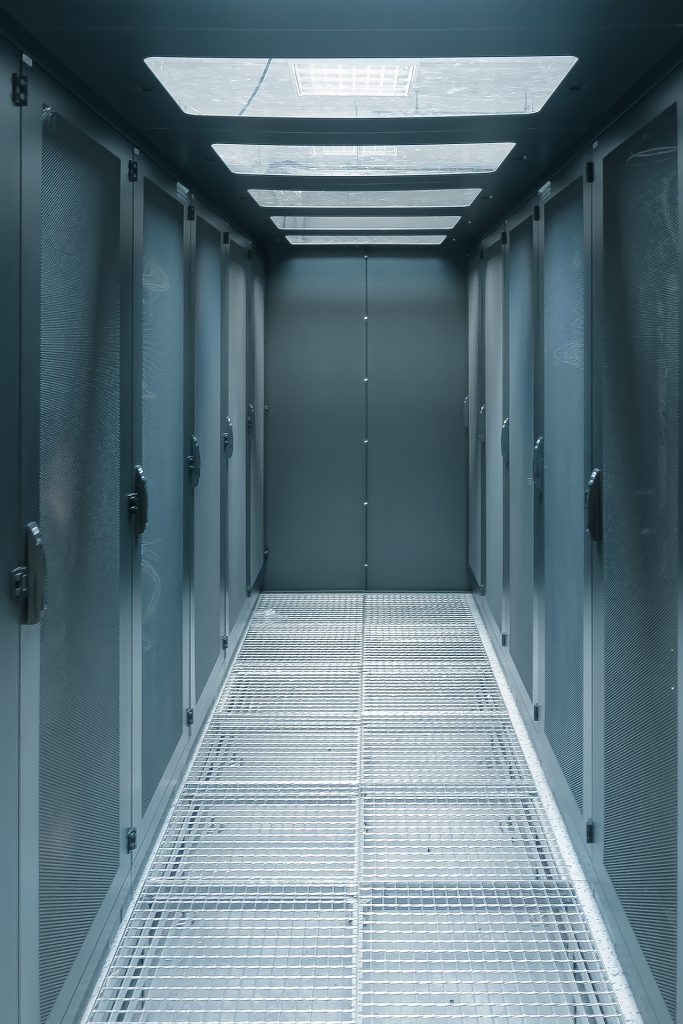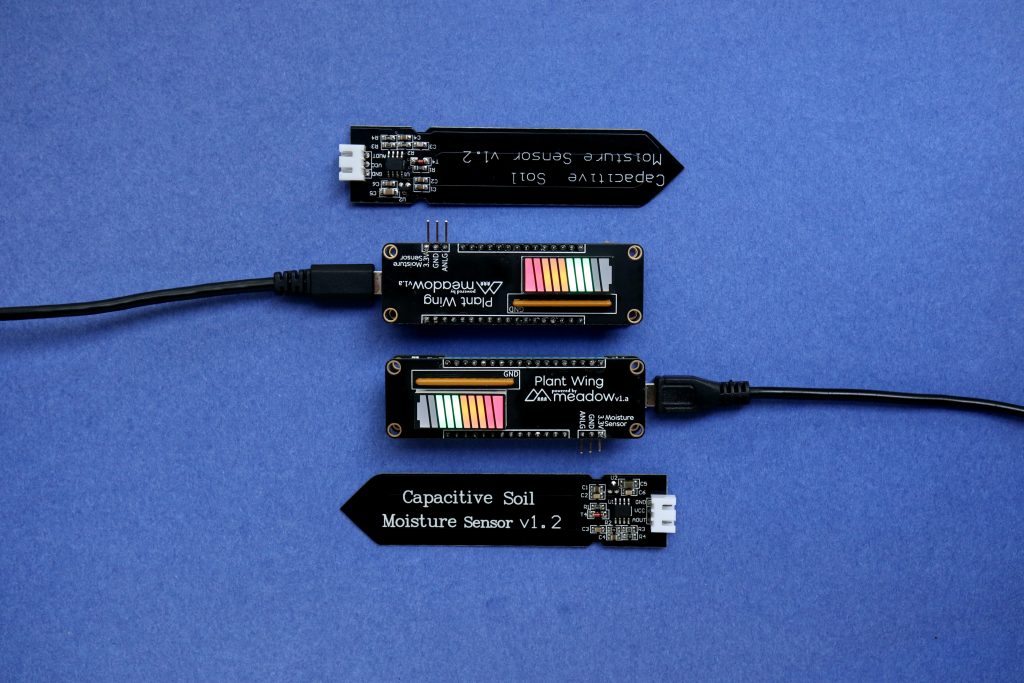Industrial IoT Gateways
Integrate offline components into your IoT system
The use of IoT applications facilitates industrial production processes and contributes to building automation. However, for this, it is necessary to integrate multiple devices and sensors into the system. Industrial IoT gateways allow you to make these components part of your system. They enable simple integration and a high level of security.

Functionality and areas of application of IoT gateways
Production facilities, machinery, sensors
In automated production facilities, machinery, sensors and many other components communicate with one another through an efficient process. The same applies to the elements of building automation – such as electronic locks and security alarm systems. A variety of data is generated in this process. The basic idea of Industry 4.0 is to use this data to analyze all processes and make them more efficient. For this purpose, it is necessary to make the information of the corresponding devices available to the network. This leads to the Internet of Things (IoT).

However, the integration into the host system is not a straight forward task. The corporate network only supports the IP protocol. In automated operations, however, the individual machines are networked with one another in many different ways. Sometimes they also work with IP, but Bluetooth and other transmission systems are also possible. In addition, there are various industrial fieldbus systems that use very different forms of data transmission.
An IoT Gateway serves as middleware between the heterogeneous data streams of the industrial plant or building technology and the homogeneous network. It is used as a data bridge to connect the two systems. You can carry out the evaluation either in the cloud or onsite.
An Industrial gateway can not only transfer data from the device to the network, but it is bi-directional, allowing data to flow in the other direction. In this way, you can evaluate the data with the appropriate software and use the results to make decisions. You can then forward these to the correct recipient via the gateway and thus control your production processes.
FAQ
Some real-world examples of IoT are wearable fitness and trackers (like Fitbits) and IoT healthcare applications, voice assistants (Siri and Alexa), smart cars (Tesla), and smart appliances (iRobot). With IoTs rapid deployment coming into contact with multiple IoT devices every day will be unavoidable soon.
Further advantages of industrial Gateways
If you provide access to your company building via mobile access control, you benefit from many advantages
IoT gateways not only allow the heterogeneous data streams to be transmitted into your network. Additionally, they offer the option of preparing and filtering the data before it is transmitted. This makes it possible to reduce the amount of data and therefore network traffic, resulting in lower bandwidth requirements.
Heterogenous Data Streams
Data Filtering and Preparation
Efficient Energy Supply
Heterogenous Data Streams
Data Filtering and Preparation
Efficient Energy Supply
In addition, the use of IoT gateways offers the possibility of a more simple energy supply and data transmission. With many sensors, it is not possible to create a wired connection for the power supply. However, a lot of energy is required to transfer the data directly into the network. The data transmission to a nearby gateway requires significantly less energy. The gateway itself can then be attached to a position with a power connection. A wired network connection for the gateway contributes to a significantly easier data transmission.
Security aspects when using an IoT Gateway
When implementing IoT in your business, it is very important to pay attention to security. Every network-capable device represents a possible target for hackers and thus a potential security risk. Comprehensive protection is therefore critical.
IoT gateways serve as an interface between the network and the individual components. As they are not directly connected to the Internet, this reduces the number of connections and points of possible attack. The use of IoT gateways therefore increases the security of the entire IT infrastructure.
Due to their central role, gateways are a very popular target for hacker attacks. It is therefore extremely important to implement comprehensive security measures. CoreWillSoft has the expertise to ensure reliable authentication of all participants, and we provide a secure encrypted platform for all necessary updates.
Individual solutions for IoT Gateways from CoreWillSoft
Excellence in IoT Gateways
At CoreWillSoft, we create individually designed gateways that allow you to integrate offline components such as sensors, electronic door locks and other building automation elements into your IoT system. Management can take place via the cloud or onsite, as required.
One possibility is to use pure data bridges that transfer the proprietary protocols of the individual components into open network protocols and thus make them accessible from the outside. The term for this is Interface as a Service (IaaS). On the other hand, we can create a Smart Hub that is used as a controller and can manage automation processes and issue authorizations. This service makes it possible to create a platform for the integration of various software and hardware components to control all processes in your business. At CoreWillSoft we are experienced in these processes, and we ensure compliance with the highest security standards available.